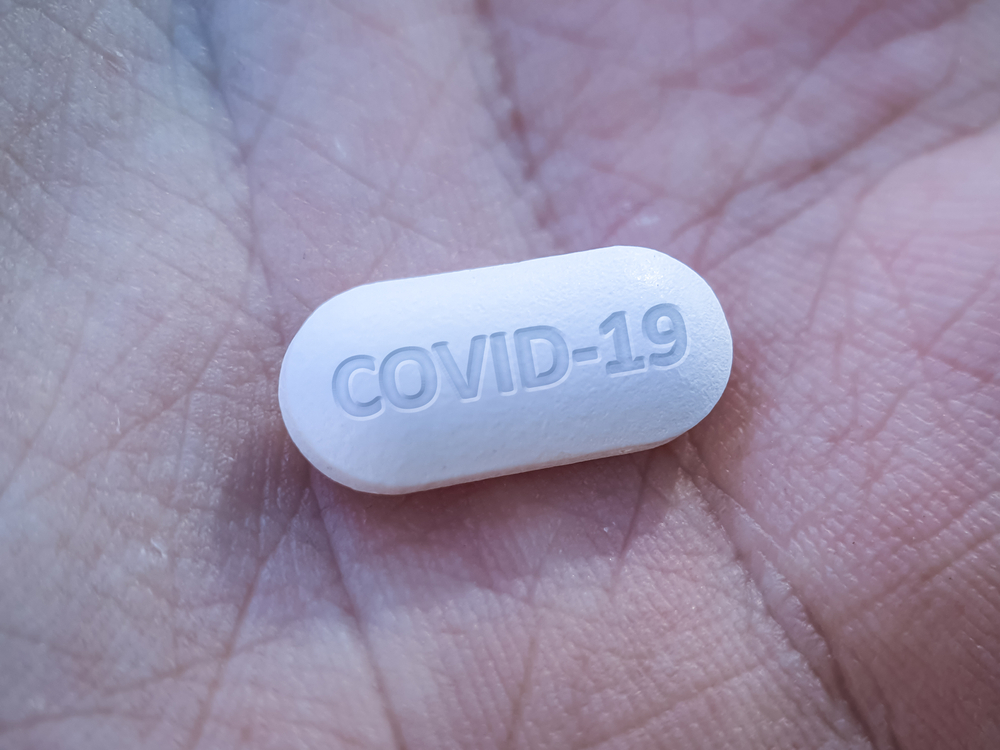
The National Institute of Allergy and Infectious Diseases (NIAID) started last week a clinical trial to evaluate if a combination of hydroxychloroquine and azithromycin could treat COVID-19 in mild or moderate cases.
Adults meeting that description can express interest in participating by email. Medications for the study are being donated by Teva Pharmaceuticals, with the Phase 2b trial itself to be conducted by the NIAID-funded AIDS Clinical Trials Group. Approximately 2,000 participants are being sought, including many 60 years of age or older, or with other serious complications from COVID-19. They will either be issued hydroxychloroquine and azithromycin or matching placebos for short-term treatment.
“We urgently need a safe and effective treatment for COVID-19,” NIAID Director Anthony Fauci said. “Repurposing existing drugs is an attractive option because these medications have undergone extensive testing, allowing them to move quickly into clinical trials and accelerating their potential approval for COVID-19 treatment. Although there is anecdotal evidence that hydroxychloroquine and azithromycin may benefit people with COVID-19, we need solid data from a large randomized, controlled clinical trial to determine whether this experimental treatment is safe and can improve clinical outcomes.”
There is yet no specific therapeutic approved for the treatment of COVID-19 by the U.S. Food and Drug Administration. Hydroxychloroquine is approved for the prevention and treatment of malaria, along with rheumatoid arthritis and lupus, and is currently operating under an Emergency Use Authorization for use on COVID-19. Other clinical trials involving hydroxychloroquine are either planned or already underway.
Participants in this study will get oral medications to ingest at home. Neither the participants nor the study team will know who was given the experimental treatment or a placebo until the trial’s end. Participants will record their symptoms, adherence to treatment, or events such as hospitalization for 20 days. Follow-ups will be conducted by phone for three months and six months after treatment begins. The main goal is to see if these paired drugs can prevent hospitalization and death.
The initial results of the study may be available later this year.




